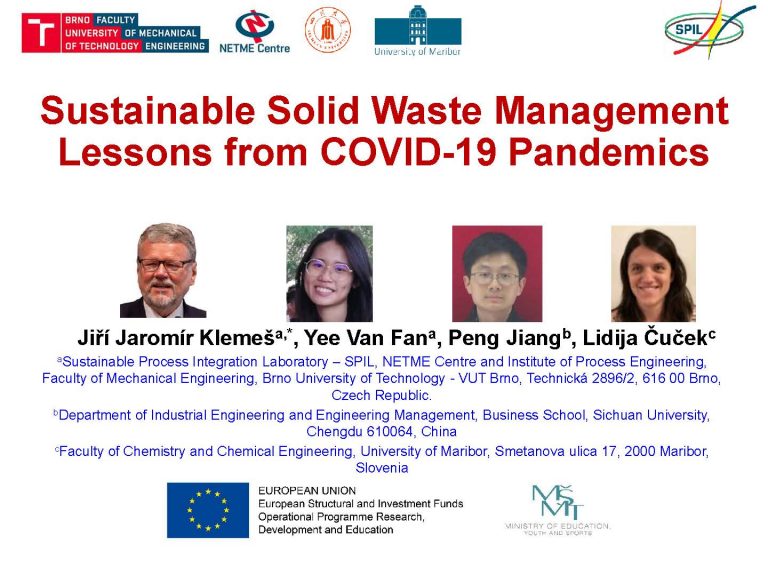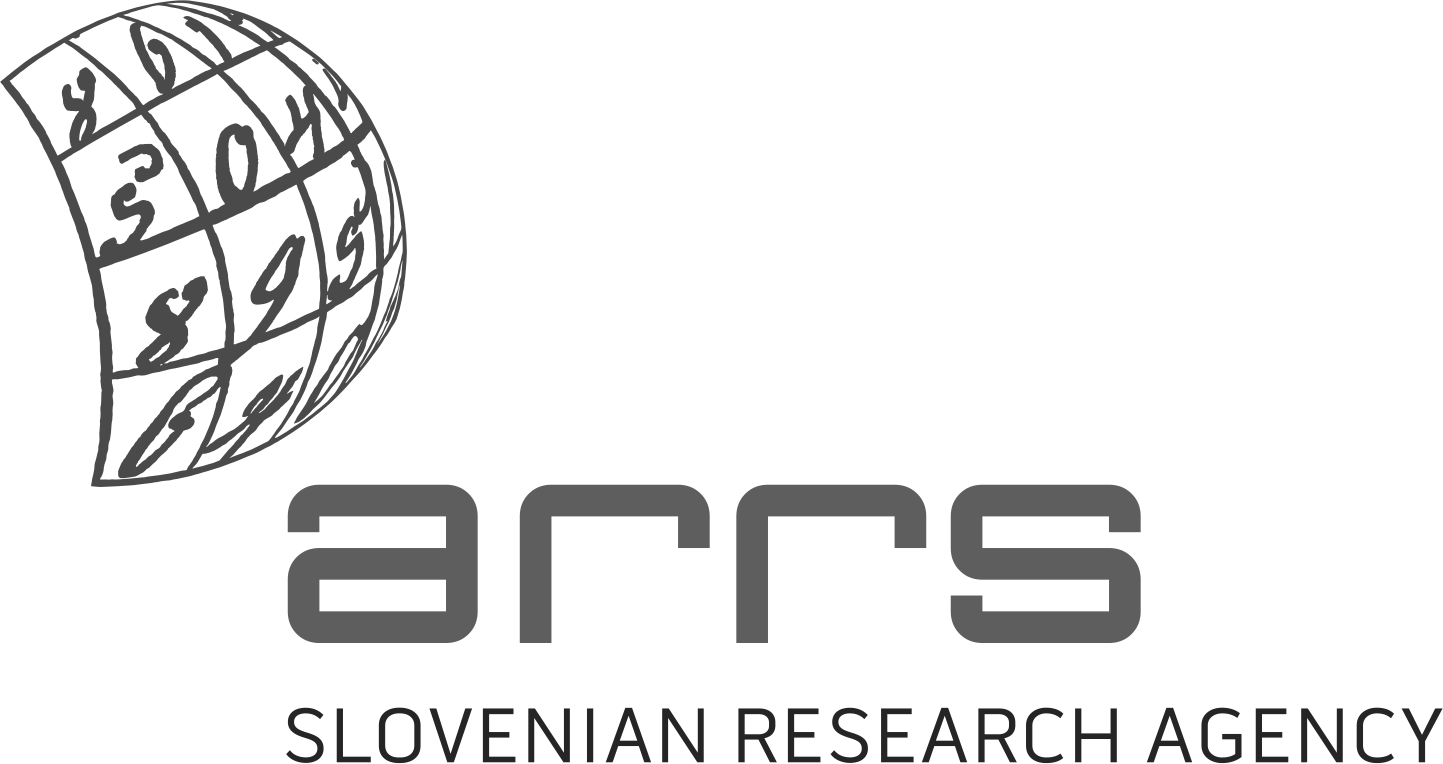The COVID-19 pandemic has been severely influencing many issues in the majority of the world population. So far, the world has suffered seven waves of death and five peaks of infections. The statistics are different in credibility in various countries, but we have no reasons not to believe more than 1 M victims in the US or 145,000 in France. Comparing the COVID-19 outbreak and the 1918 flu pandemic, the pandemic might still get more deadly than the most severe previous pandemic. Many measures such as quarantine, social distancing and lockdown have been set to mitigate the coronavirus infection, followed by vaccination and medication. The pandemic profoundly influenced many industries, including agriculture, manufacturing, finance, education, healthcare, sports, tourism, food and waste management. Although overall energy demand temporarily declined, the repercussions are complicated in different fields and consumption patterns of different regions. The industry is on the way to understanding the complicated impacts and identifying emerging opportunities. The way ahead demands a continuous analysis of all novel waste management emerging opportunities under careful balancing of savings and increasing demands. Not all novel smart and high-tech options are energy efficient, and each should specifically balance in case-specific conditions. The economic disruptions have been facilitating faster changes and stronger creativity. Innovations meet both cultural and material requirements for acceleration. Old and traditional structures preventing the income of novel technologies are weakening. The old economy has been collapsing, and the novel "clusters" of innovation are becoming the core of a novel emerging economy. This had been happening for the past three centuries. It has been witnessed five substantial's "waves" regularly causing economic destructions and related re-clustering. The first wave was driven by employing the power of water, and the steam power was the second wave. Coal and electricity brought the third wave, the fourth exploiting oil and gas, and the fifth wave was triggered by digital transformation. It is the opportunity that the humans are present at the start of the sixth immense wave of innovation, driven by renewable energy combined with e-mobility, e-activities and e-services, smart-city technology based on the IoT, 5G, and even emerging 6G. It can be seen that the innovation waves are, in most cases, coincided with crises or critical situations, where the society has been mobilising all possible research strengths. Sustainable Solid Waste Management has not been an exception under the pandemic situation. The pandemic busted with the novel requirements and demands – infection solid waste, exploding amount and kinds of plastic waste (PPE, packaging). It indirectly serves as a driver in reshaping the waste management system, including a system supported by IoT. Smart waste management (intelligent bins, autonomous collection, data-driven behavioural analysis, smart waste segregation based on machine learning etc.) could enhance the rigidness in overcoming a similar crisis or disease outbreak. Mobile, decentralised, smart and adaptable (different feedstock) treatment approaches are worth more research attention. Another issue that requires revisiting is the status of plastic with several advantages compared to other materials in combating the diseases and spreading. The strategies and efforts that focus on enhancing the plastic value chain (from production to end-of-life waste management) to minimise the environmental footprints are discussed in this presentation instead of emphasising replacement or a plastic ban. The sustainability of upcycling and downcycling approaches in forming a Circular Economy is also discussed. The authors closely followed this development through a series of published papers, many of which became highly cited. They also benefit from being located and originated from the authors familiar with different parts of the world. However, the pandemic has been still developing as well as its impact on the Waste Management, Energy and Environmental footprints. And this presentation, based on the published papers, has been adding the recent developments and also tempting to provide some conclusions and suggestions on how to deal with possible future disruptions and pandemics, exploiting the experience gained and especial the smart and e-development facilitated by the critical situation.



